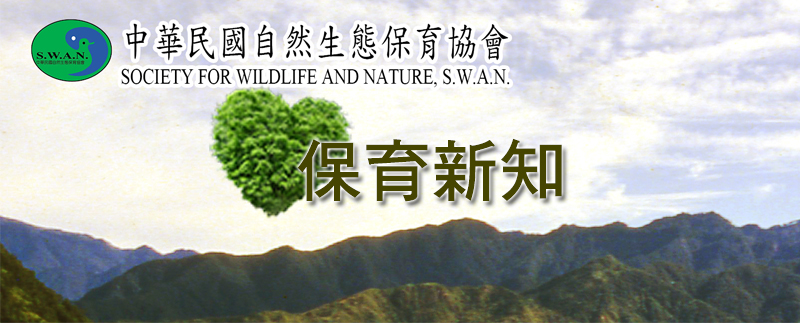Satoyama Initiative Thematic Review vol.1
台灣案例於 P90頁
Converting pests into allies in tea farming - a SEPL case in Hualien, Taiwan
Jung-Tai Chao(1)*, Ling-Ling Lee(2)
(1) Socity for Wildlife and Nature (SWAN) International ; 53 Nanhai Road, Taipei City, TAIWAN 100, ROC
(2) Socity for Wildlife and Nature (SWAN) International ; 1 Roosevelt Road, Section 4, Taipei City, TAIWAN 106, ROC email address
Abstract
Eco-friendly farming (EF) has been practiced in some tea plantations of Wuhe Tableland, Rueisuei Township in eastern Taiwan to maintain populations of the small green leafhopper (SGL), Jacobiasca formosana. Previously considered a pest, this insect is now an economic ally because tea shoots and young leaves “damaged” by SGL are now harvested to make a high-priced honey-flavored black tea that is welcomed in the market. However, the socio-economic and ecological impacts of EF have not been examined. In this study, we measured and compared insect (and other arthropod) and vertebrate diversity at three tea plantations with EF practices and three plantations with conventional farming (CF) practices, and interviewed relevant stakeholders to collect information on the socio-economic effects of EF versus CF practices. Our results showed that tea plantations with EF practices not only generate higher economic return but also conserve higher biodiversity. In addition, more job opportunities were created through the EF practices. We conclude that social interviews and stakeholder engagement, as well as biodiversity surveys, are not only useful but also critical tools to identify and verify a socio-ecological production landscape (SEPL) such as the tea production landscape in Wuhe Tableland.
 |

|

